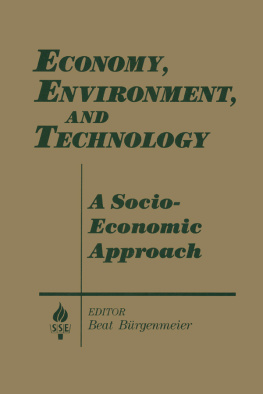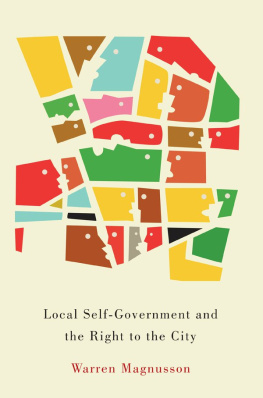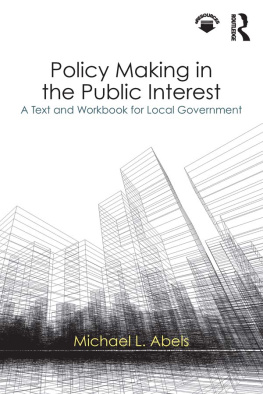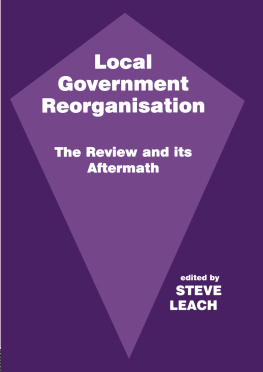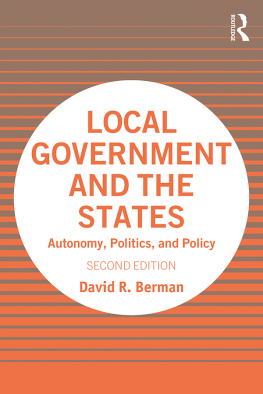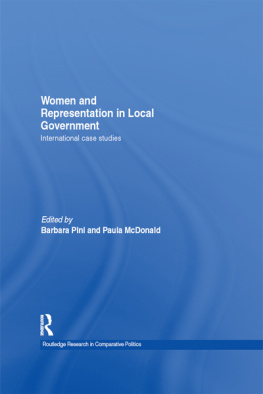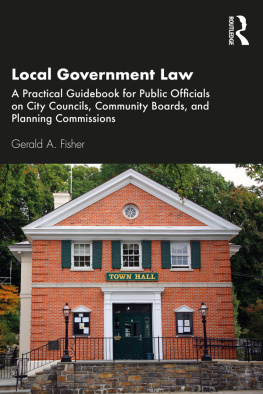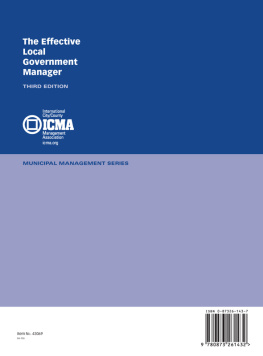ECONOMY,
ENVIRONMENT,
AND
TECHNOLOGY
Studies in Socio-Economies
MORALITY, RATIONALITY, AND EFFICIENCY
NEW PERSPECTIVES ON SOCIO-ECONOMICS
Richard M. Coughlin, editor
SOCIO-ECONOMICS
TOWARD A NEW SYNTHESIS
Amitai Etzioni and Paul R. Lawrence, editors
INSTITUTIONAL CHANGE
THEORY AND EMPIRICAL FINDINGS
Sven-Erik Sjstrand, editor
THE MORAL PHILOSOPHY OF MANAGEMENT
FROM QUESNAY TO KEYNES
Pierre Guillet de Monthoux
THE SOCIO-ECONOMICS OF CRIME AND JUSTICE
Brian Forst, editor
ECONOMY, ENVIRONMENT, AND TECHNOLOGY
A SOCIOECONOMIC APPROACH
Beat Brgenmeier, editor
ECONOMY,
ENVIRONMENT,
AND
TECHNOLOGY
A Socio
Economic
Approach |
 | EDITOR
Beat Brgenmeier |
First published 1994 by M.E. Sharpe
Published 2015 by Routledge
2 Park Square, Milton Park, Abingdon, Oxon OX14 4RN
711 Third Avenue, New York, NY 10017, USA
Routledge is an imprint of the Taylor & Francis Group, an informa business
Copyright 1994 Taylor & Francis. All rights reserved.
No part of this book may be reprinted or reproduced or utilised in any form or by any electronic, mechanical, or other means, now known or hereafter invented, including photocopying and recording, or in any information storage or retrieval system, without permission in writing from the publishers.
Notices
No responsibility is assumed by the publisher for any injury and/or damage to persons or property as a matter of products liability, negligence or otherwise, or from any use of operation of any methods, products, instructions or ideas contained in the material herein.
Practitioners and researchers must always rely on their own experience and knowledge in evaluating and using any information, methods, compounds, or experiments described herein. In using such information or methods they should be mindful of their own safety and the safety of others, including parties for whom they have a professional responsibility.
Product or corporate names may be trademarks or registered trademarks, and are used only for identification and explanation without intent to infringe.
Library of Congress Cataloging-in-Publication Data
Economy, environment, and technology: a socioeconomic approach / edited by Beat Brgenmeier.
p.cm. (Studies in socio-economics)
Includes index.
ISBN 1-56324-413-6.ISBN 1-56324-414-4 (pbk.)
1. Environmental policyEconomic aspects.
2. Environmental policySocial aspects.
3. Environmental economics.
I. Brgenmeier, Beat. II. Series.
HC79.E5E287 1994
363.7dc20 94-1913
CIP
ISBN 13: 9781563244148 (pbk)
ISBN 13: 9781563244131 (hbk)
To
Floriane, Nathalie, and Stphanie
Contents
Gardner Brown
Riley E. Dunlap, Loren A. Lutzenhiser, and Eugene A. Rosa
John Thgersen
Sylvie Faucheux
Eberhard K. Seifert
Paul Ekins
Andrea Baranzini and Gonzague Pillet
Jean-Louis Le Moigne and Magali Orillard
Beat Brgenmeier
Charles Roig
ECONOMY,
ENVIRONMENT,
AND
TECHNOLOGY
Environmental protection calls for a strategy of unprecedented proportions. Not only is our knowledge of the numerous interactions between the natural environment, society, and the economy incomplete, but our understanding has to reach far beyond the usual limits of our time horizon. Confronted by so much uncertainty, we may consequently be tempted to apply well-known remedies that recall an old antagonism in policy making: market incentives as opposed to direct control. This opposition reflects a frame of mind in which economic constraints remain in the forefront.
Therefore, we are tempted to look at the problems of environmental protection in the light of economic reasoning, in order to conceptualize them along usual market lines. This view is complemented by an attempt to deal with these problems from the exclusive perspective of the natural sciences. This reflects the positivist wisdom of a society that rests on a strong connection between economics and technology. One of the early scientists (Thomas 1956), aware of the ecological consequences of human activity, pointed out that the problem is also rooted in the social sciences. Another voice (White 1967) recalled the historical roots of todays environmental crisis. In spite of such clarity of thought, our society continues to favor economic and technological approaches to pollution control. An example can be found in the concept of sustainable development, which became popular with the publication in 1987 of the report by the World Commission on Environment and Development (The Brundtland Report) (WCED 1987). Sustainable development is defined as
a process of change in which the exploitation of resources, the direction of investments, the orientation of technological development, and institutional change are made consistent with future as well as present needs. (Chap. 2, p. 4.)
The general nature of this definition does not indicate how the goal of sustainable development can be achieved, but in actual policy discussions (e.g., Tietenberg 1989), market incentives and technical progress are viewed as the most promising means of doing so.
A socioeconomic approach to the environment is an attempt to reduce the imbalance between policies based on economic and technological applications and those based on a broader and deeper understanding of the social fabric. This leads to an emphasis on the ongoing change in values. Economic analysis acknowledges only values formed on the marketplace. Without supply and demand, natural resources are a free good. Litter and waste are deemed as lacking value and cost unless they can be expressed by a price. The social sciences have always been interested in the process of value formation outside the economic sphere. Value judgments emerge from a socioeconomic analysis which, by its very nature, is not only interdisciplinary and multimethodological but also geared toward operational decision making. Economic models reduce value judgments to the sum of individual marginal adjustments. As a result, institutions are seen as independent entities. Their role is underestimated by denying the interdependence between institutions and human behavior and by assuming that social structures are immutable.
Any attempt to combine the economy and the environment in a single framework requires an unprecedented shift in our value system. Therefore, norms must be given a far more important role in the study of sustainable development than a purely economic approach will allow.
A broader approach to the environment is being developed in two main directions, which are presented in this book. The first takes into account human behavior, institutions, and collective decision making in relation to environmental protection policies. It extends our understanding of the issues raised in the humanities and social sciences by focusing on the process of value transformation and on the symbols used by society in order for its members to be able to communicate with each other. Value transformation ultimately legitimizes any action in the realm of environmental protection. New policies represent a new form of government intervention in the economy and disturb links that had slowly become institutionalized over time in order to overcome conflicts between special interest groups. New policies lead to a redistribution of established rent situation and require a rearrangement of the web of coalitions in order to make room for the ecological dimension within established social and economic relationships. The old debate about value formation emerges again.

